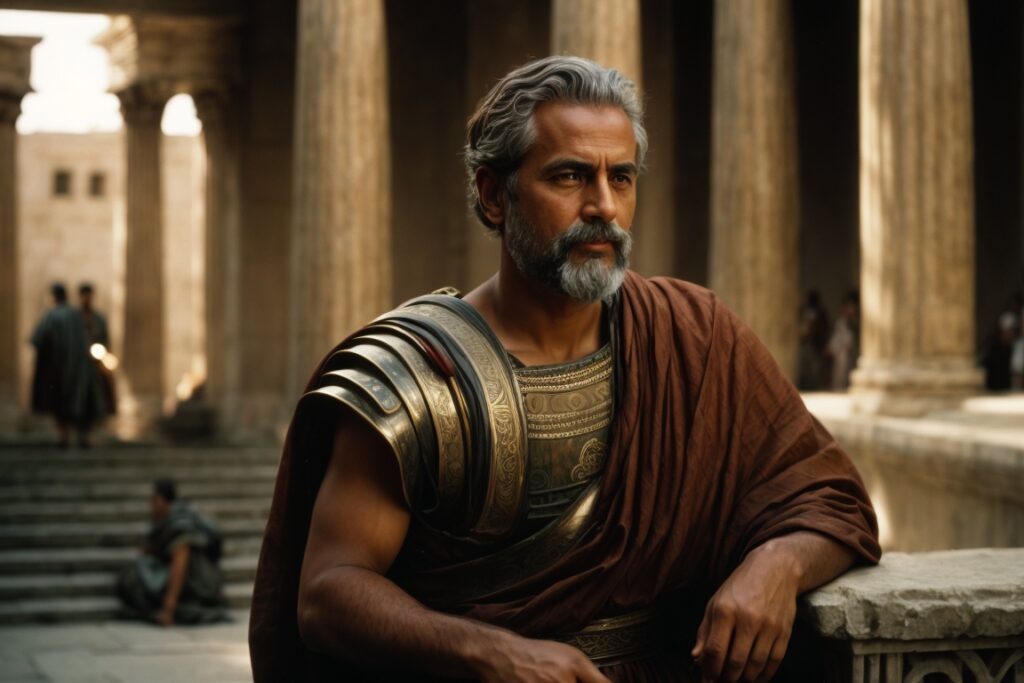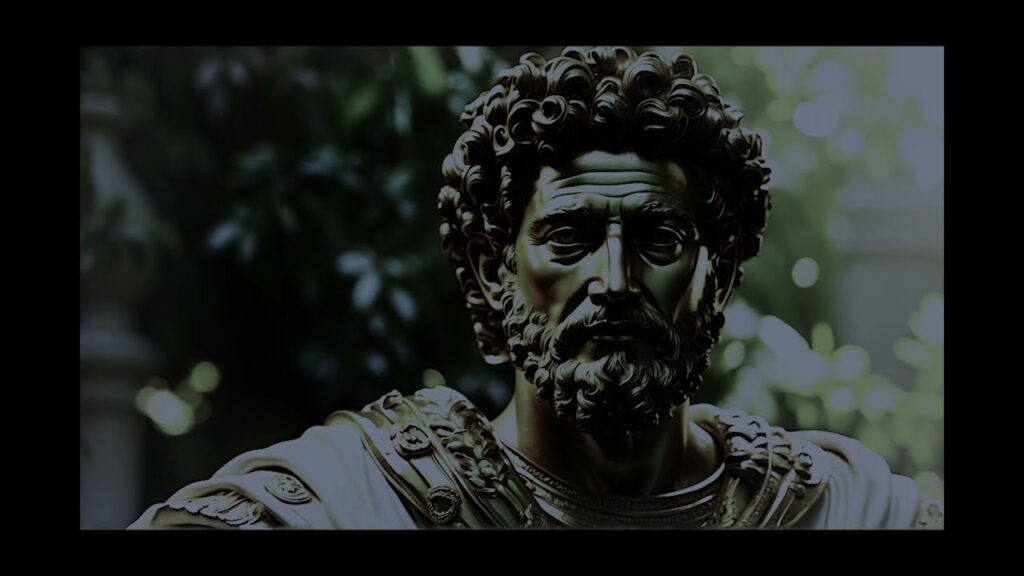
Embracing Tranquility: Exploring the Essence of Stoicism
Introduction:
In the vast landscape of philosophical schools of thought, Stoicism stands as a beacon of practical wisdom and inner strength. Originating in ancient Greece, this philosophy has transcended time and continues to resonate with individuals seeking tranquility amidst life’s tumultuous journey. Stoicism, with its emphasis on virtue, resilience, and acceptance of the inevitable, offers a timeless guide to navigating the complexities of existence.
Stoic Principles:
At the core of Stoicism are a set of principles aimed at cultivating a balanced and resilient mindset. One of the fundamental tenets is the dichotomy of control. According to the Stoics, one should focus only on what is within their control and accept with equanimity that which is not. This principle encourages individuals to detach themselves from external outcomes, recognizing that their power lies in their response to events rather than in attempting to manipulate the uncontrollable.
Another cornerstone of Stoic philosophy is the pursuit of virtue. Stoics believed that true happiness arises from a life of moral and intellectual excellence, emphasizing wisdom, courage, justice, and temperance. By prioritizing these virtues, individuals can build a foundation for a meaningful and fulfilling life irrespective of external circumstances.
Acceptance of Fate:
A central theme in Stoicism is the acceptance of fate or, in the Stoic lexicon, amor fati — the love of one’s fate. This concept urges individuals to embrace the totality of their existence, including both joys and sorrows. Rather than resisting or lamenting hardships, Stoicism teaches the art of transforming adversity into an opportunity for growth and self-discovery. By reframing challenges as valuable experiences, Stoics cultivate resilience and a profound acceptance of the inherent unpredictability of life.
Epictetus, a prominent Stoic philosopher, encapsulated this sentiment with his famous quote: “We cannot choose our external circumstances, but we can always choose how we respond to them.” This encapsulates the essence of Stoic teachings, encouraging individuals to focus on their inner disposition and response to external events.
Mindfulness and the Present Moment:
Stoicism places a strong emphasis on mindfulness and being present in the current moment. The Stoics believed that by fully engaging with the present, individuals could better navigate challenges and make more informed decisions. This mindfulness is not merely a passive observance but an active engagement with reality, fostering a deep connection with one’s thoughts, actions, and surroundings.
Seneca, another influential Stoic philosopher, advised, “True happiness is to enjoy the present, without anxious dependence upon the future.” This admonition underscores the importance of savoring the current moment and appreciating the richness of life as it unfolds.
The Role of Rationality:
Stoicism champions the use of reason as a guiding force in decision-making and understanding. The Stoics believed that by applying rationality, individuals can gain clarity about their values, priorities, and the nature of the world. Rationality acts as a counterbalance to impulsive reactions and emotional turbulence, allowing individuals to make informed choices aligned with their virtuous pursuits.
Conclusion:
In a world often characterized by uncertainty and upheaval, Stoicism provides a timeless guide to cultivating resilience, virtue, and inner peace. By embracing the principles of the dichotomy of control, the pursuit of virtue, acceptance of fate, mindfulness, and rationality, individuals can navigate the complexities of life with grace and purpose. As Stoicism celebrates its enduring relevance on its journey through the annals of philosophy, its teachings continue to inspire a meaningful approach to living a life of tranquility and wisdom. Happy birthday, Stoicism, and here’s to many more years of guiding seekers on the path to a flourishing existence.
Stoicism was a school of philosophy that originated in ancient Greece and later became influential in ancient Rome. Several key figures played crucial roles in the development and promotion of Stoicism. Some of the most important Stoics included. These philosophers, among others, contributed to the development and dissemination of Stoic philosophy, leaving a lasting impact on the intellectual history of Western thought.

Click on a thumbnail to buy the book
-
Zeno of Citium (334–262 BCE): Zeno was the founder of Stoicism. He began teaching his philosophical ideas in Athens around 300 BCE. Zeno’s teachings laid the foundation for Stoic philosophy, emphasizing the importance of virtue, self-discipline, and rationality.
-
Cleanthes (c. 330–232 BCE): Cleanthes succeeded Zeno as the second head of the Stoic school. He further developed and systematized Stoic teachings, emphasizing the importance of living in accordance with nature and the rational order of the universe.
-
Chrysippus (c. 279–206 BCE): Chrysippus was a prolific philosopher and the third head of the Stoic school. He made significant contributions to Stoic logic and ethics, refining and expanding the doctrines established by Zeno and Cleanthes. Chrysippus’s writings greatly influenced the later development of Stoicism.
-
-
Seneca the Younger (c. 4 BCE–65 CE): Seneca was a Roman Stoic philosopher, statesman, and playwright. His philosophical works, including letters and essays, emphasized the importance of virtue, self-control, and facing challenges with equanimity. Seneca’s writings have been widely read and continue to inspire individuals seeking guidance on leading a virtuous life.
-
Epictetus (c. 55–135 CE): Epictetus was a Greek Stoic philosopher who lived during the Roman Empire. His teachings were recorded by his student Arrian in the “Discourses” and the “Enchiridion.” Epictetus emphasized the role of personal choice, the distinction between what is within our control and what is not, and the pursuit of virtue as the highest good.
-
Marcus Aurelius (121–180 CE): Marcus Aurelius, a Roman Emperor and Stoic philosopher, wrote the “Meditations,” a series of personal reflections and philosophical insights. His writings provide practical guidance on living a virtuous life, dealing with adversity, and maintaining inner tranquility.
click here to follow our facebook channel “Stocic widom and knowledge“

